It’s not every day we get some new Castlevania content, and while it has been nearly a decade since the last original Castlevania game (Grimoire of Souls doesn’t count), the franchise has been kept alive thanks to a highly entertaining Netflix animated series. The series, simply titled Castlevania, ran for four seasons from 2017 to 2021 and received critical acclaim from fans of the game, animation nerds like myself, and those who like some good old Gothic horror. And now, we have Castlevania: Nocturne, a new entry in the animated series with a brand new cast and setting. With that in mind, we’ve broken down the games you should play before watching Castlevania: Nocturne.
For context, the series will follow Richter Belmont, a descendant of the protagonists of the previous seasons, Trevor Belmont and Sypha Belnades. While we don’t know exactly where the series will go or for how many seasons it will even run, because Nocturne carries almost the exact same creative team and production studios, I’m sure that the results will be highly gory and immensely entertaining.
So with that in mind, if you are someone who is interested in learning a bit more about the characters and world of Castlevania, I wanted to focus your attention on a few games that will most likely have an influence on the upcoming Netflix series. Think of this as a curated list not only of what will most likely become important for Castlevania: Nocturne and offer some clues about story directions and possible set pieces, but also just letting you know about some good games. Castlevania games are almost always a blast and some of the ones that Nocturne is drawing inspiration from are my favorites. So with further ado, here are five Castlevania games that Nocturne is most likely going to draw from, in order of importance, and why you should play them.
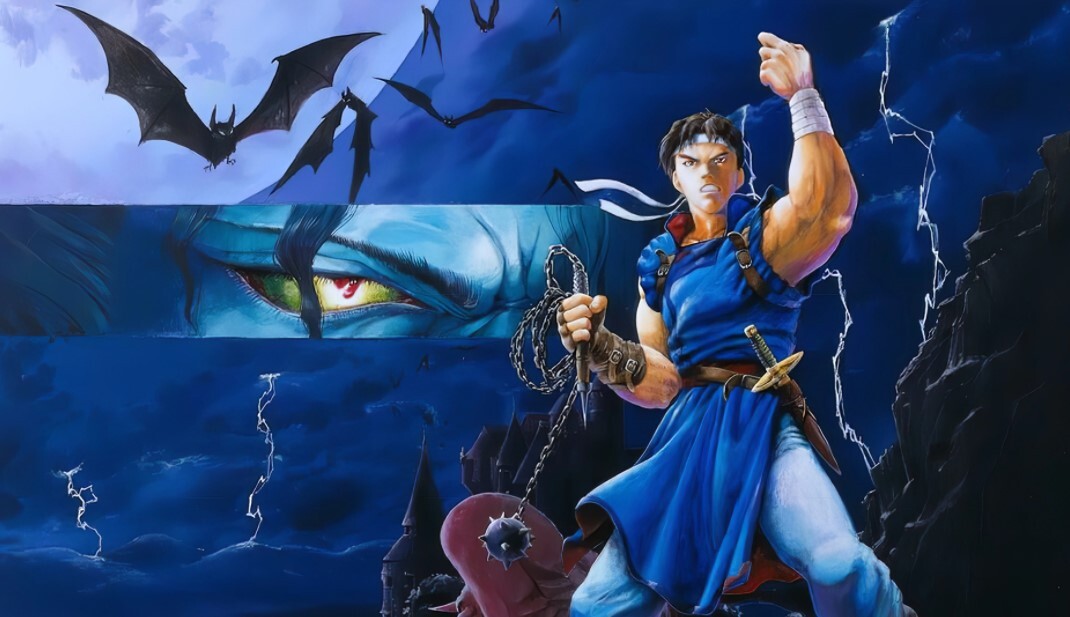
Castlevania: Rondo of Blood (1993)
The tale of Castlevania: Rondo of Blood’s release is a fascinating yet sad one. Relegated to the PC-Engine/TurboGrafx-16 for most of its life, gamers in the West never really had a chance to play through this title until the series firmly left behind its classic gameplay style of linear level progression. It’s a shame, since Rondo of Blood is easily one of the best games in the series and looks to serve as the foundation of Castlevania: Nocturne. They both share the same protagonist, Richter Belmont, and feature several of the same characters, including Maria Renard, Annette, and Tera. The plot of the game sees Richter adventuring to rescue the love of his life Annette from the dark priest Shaft and his master, Dracula. There will be some notable deviations given Dracula’s fate in the original series, but Rondo of Blood looks like it’s going is going to serve as the core of Nocturne.
That’s all the more reason to make this game the first one you play, but also equally important is that this game is stellar. While this game is linear, there are multiple different paths that you can take which will take you to different stages and fight unique bosses. Thanks to the strength of the TurboGrafx-16, the game looks wonderful with fresh and vibrant colors and the CD-quality music is some of the franchise’s best. Add in some charming early ’90s-style cutscenes and you have a game that is the apex of the gameplay style that was pioneered by the original game. For the longest time, it wasn’t the easiest game to track down, but thanks to the recent Castlevania: Requiem, this and Symphony of the Night are now available for modern consoles in an affordable bundle. Given how those are two of the best games in the franchise, purchasing it should be a no-brainer. Speaking of…
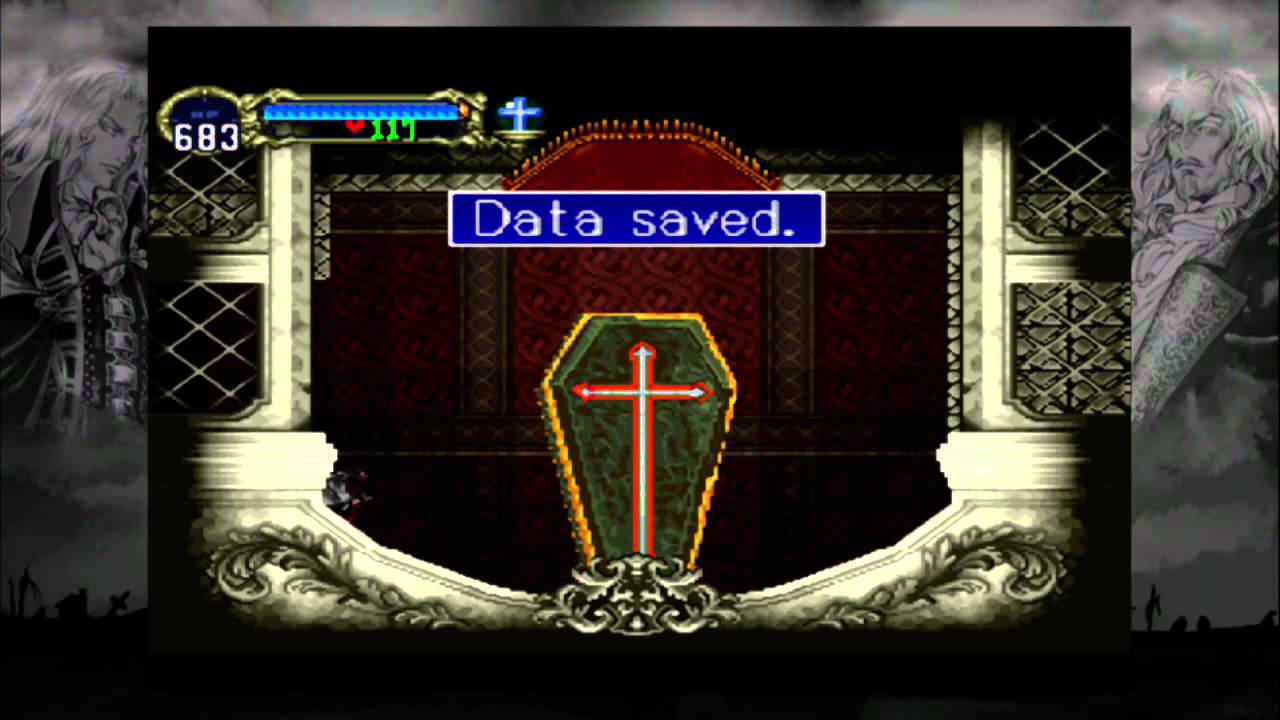
Castlevania: Symphony of the Night (1997)
Look, I don’t need to tell you that Castlevania: Symphony of the Night is a masterpiece. This alongside Super Metroid pioneered the term “Metroidvania” and created a whole sub-genre of action platformers where the goal was more exploration and discovery than stomping your way down a single hallway. Symphony of the Night revolutionized the series and gaming as a whole and still stands the test of time. The haunting music, the replayability, the smooth-as-butter controls, the wonderful level design, and the hokey dialogue are by themselves reasons to give Symphony of the Night a try. But when you combine them all together, it becomes an essential game.
That being said, why exactly is this game included on this list you may ask? It stars Alucard, after all, a character from the first four seasons of the Netflix show, who seemed to have a pretty conclusive ending and hasn’t been confirmed to be reappearing in Nocturne. Well, Symphony of the Night is actually a sequel to Rondo of Blood, directly continuing the plot of the game, with the game’s intro showcasing the climax of Rondo of Blood where Richter and Maria fight against Dracula. Their roles are slightly different in Symphony of the Night and you will even have to fight them as Alucard, but this is unquestionably a sequel to Rondo of Blood. So it only stands to reason that if Castlevania: Nocturne gets some extra seasons, it’s a safe bet that Symphony of the Night will be where the crew at Powerhouse and Frederator will turn to next for inspiration.
Related: Castlevania: Nocturne Trailer Sets Richter Belmont Against the Vampire Messiah
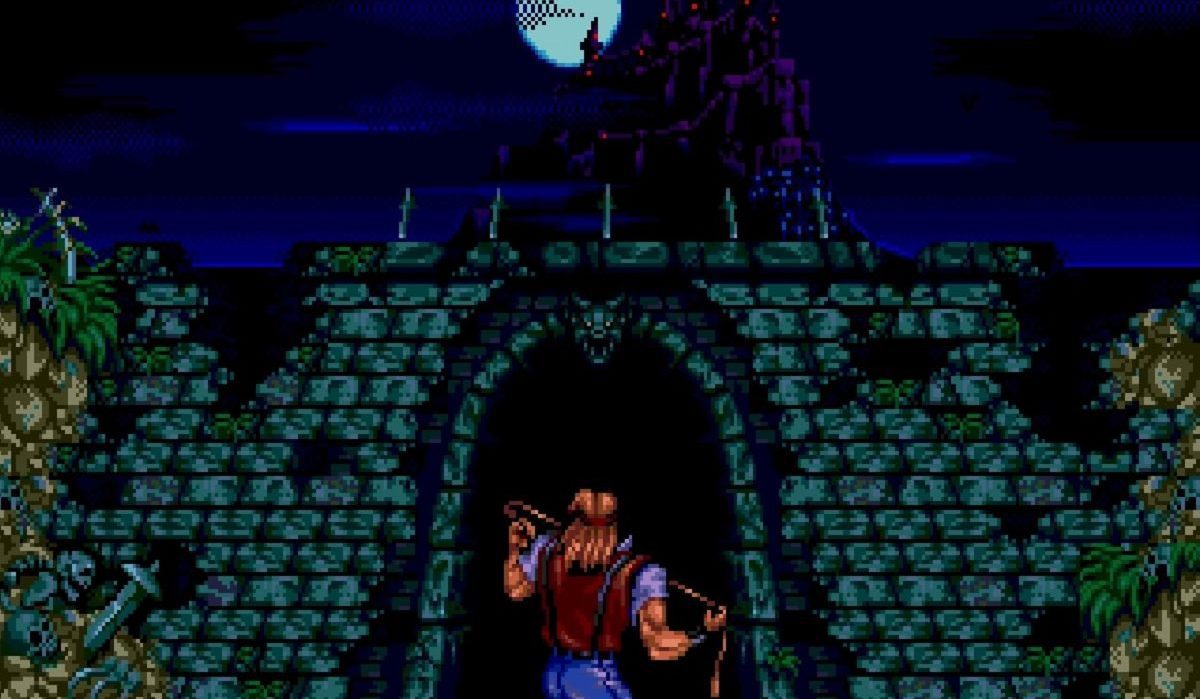
Castlevania: Bloodlines (1994)
Considered by many to be the black sheep of the Castlevania series, Bloodlines is the only Castlevania game to be released on the Sega Genesis. While Castlevania spent most of its life on Nintendo consoles back in the ’90s, Bloodlines served as a spin-off of sorts that was set in a completely different time period than any other installment of the franchise and with an entirely unique cast with not a Belmont in sight. As a matter of fact, Bloodlines actually drew a lot of inspiration from Bram Stoker’s Dracula and made its character a descendant of Quincey Morris, the protagonist of the novel.
Castlevania: Bloodlines is a weird game to play for several reasons, but damn it, I just can’t get the game out of my head. You’re able to play as one of two characters; John Morris, who controls like most other Belmont family members; and Eric Lecarde, an original character who mostly fights with a long-range spear and has some very nifty jumping capabilities. The color palette and unique tech of the Genesis allows for some wholly unique and fresh bosses and stage environments and the soundtrack, composed by Michiru Yamane, who would go on to score virtually every major Castlevania game after this, is top-tier. It’s not quite as snappy as Super Castlevania IV was control-wise, but it’s still a good time.
But why even mention this game if it has almost nothing to do with the lore of Castlevania and is set in World War I? That’s mostly thanks to the antagonist of Castlevania: Bloodlines, Elizabeth Bartley. Elizabeth was based on the real-life Elizabeth Bathory, a Hungarian noblewoman who was accused of murdering and torturing hundreds of women over the course of decades. While those accounts are debated by historians, over time, folklore has turned Elizabeth Bathory into a monster not dissimilar from a vampire. Rumors circulated that she drank the blood from her victims and bathed in it and possibly served as the inspiration for Bram Stoker to create Dracula himself. And now, in Castlevania: Nocturne, another version of the Blood Countess, Erzsebet Bathory, will serve as the antagonist for Richter to fight against, connecting the events of Rondo to Bloodlines. And who ever said history wasn’t fun!
Castlevania: Portrait of Ruin (2006)
Continuing on from Bloodlines, Portrait of Ruin serves once again as a direct sequel and follows a descendent of John Morris, creatively named Johnathan Morris, as he teams up with a descent of Sypha Belnades, the sorceress Charlotte, to stop another revival of Dracula. While the game continues the approach established by Symphony of the Night, Portrait of Ruin has a couple of tricks up its sleeves, mostly in the form of paintings. While there is a main castle that you explore, most of the game takes place in smaller non-linear levels that you travel to in a way that’s not dissimilar to Super Mario 64. You hop in a painting, you appear in a new world, you progress until you defeat the boss, get a new ability, then leave and repeat with a new portrait. Towards the end of the game you can tackle these smaller worlds in whatever order you want, but it’s a nice way to spice up a formula that was admittedly getting a little stale by 2006.
Even though the odds of this game ever being adapted into Castlevania: Nocturne is slim given how its connection to the show is tenuous at best for now and does not feature Elizabeth Bartley/Erzsebet Bathory, it at least can offer an interesting direction for a future series if they do another time jump much like the jump between Season 4 and the start of Nocturne. The game is set during World War II and seeing a more modernized world in the world of Castlevania is something that hasn’t really been explored yet. We’ve seen it in Lords of Shadow 2, but having this game serve as the basis for another season could lead to some interesting possibilities for its setting and characters. Plus, if Eric Lecarde does make an appearance in Richter’s fight against Erzsebet, then this could lead to a potential spin-off given how he’s a major supporting character in this game. Personally, I would be all for seeing the Sorrow duology adapted instead, but Portrait of Ruin’s connections to Bloodlines still make it viable to appear in some form of a future season of Nocturne.
Related: How Dead Cells Brought Castlevania Back to Gaming – Interview
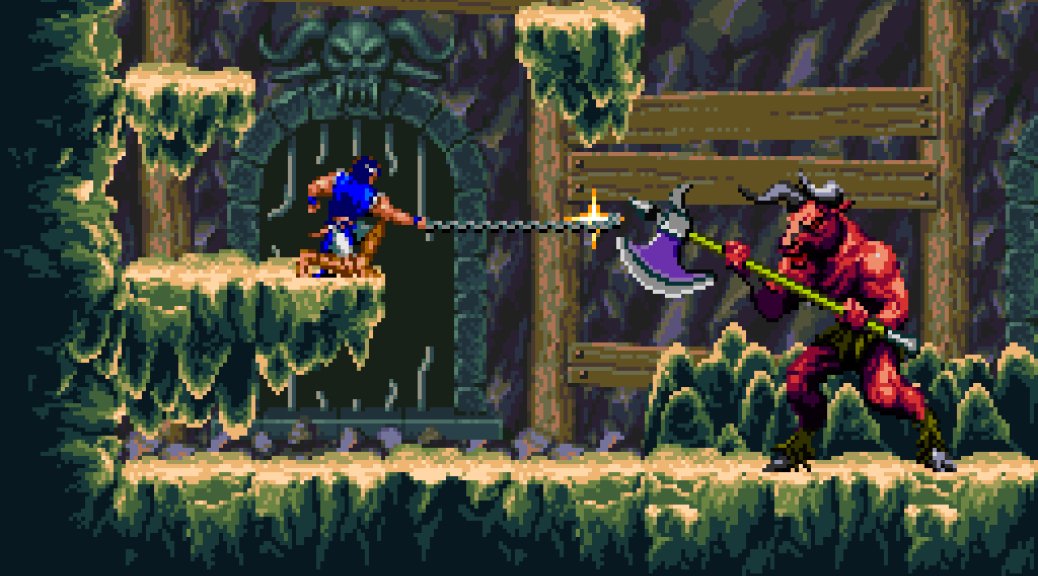
Castlevania: Dracula X (1995)
Alright, I’m going to level with you all, Dracula X is a game you shouldn’t play. Serving as a remake of Rondo of Blood for the SNES, the game is inferior to its predecessor in nearly every way. The visuals aren’t as crisp, the soundtrack is inferior to the CD quality soundtrack of the original game, you can’t play as Maria, the level design is cheaper more than it’s fair, and it has a lot less content to boot. The only reason I can fathom that this game exists is because not many people bought Rondo of Blood due to it appearing on the TurboGrafx-16 and Konami wanted to try and turn a profit by releasing it to a wider audience. There are some positives to this game though, such as it being the hardest classic Castlevania game by a mile, so hardcore fans will find a stiff challenge here that isn’t present in the original game’s release.
Outside of that, it’s still a truncated version of Rondo of Blood, so you’ll still get the basic story and experience. Dracula X doesn’t feature Tera, but Annette is still there and the game even features alternate endings depending on if you save Annette, Annette and Maria, or neither of them. If Nocturne wants to play around with what’s expected of series continuity, much like how Season 2 of Castlevania basically resolved the Dracula conflict halfway into the show’s run, then Dracula X may serve as the inspiration for potential twists and turns the show may take. It’s also one of the easier Castlevania games to get a hold of as it was, for some reason, included with that Castlevania Advance Collection despite not ever releasing on a handheld. If you buy this game, you get three fantastic GBA games, so you’ll at least you’ll have good games to play after you trudge through Dracula X.
And those are the Castlevania games you should play before watching Castlevania: Nocturne! Check back later for a review of the series and check out our other Castlevania content!

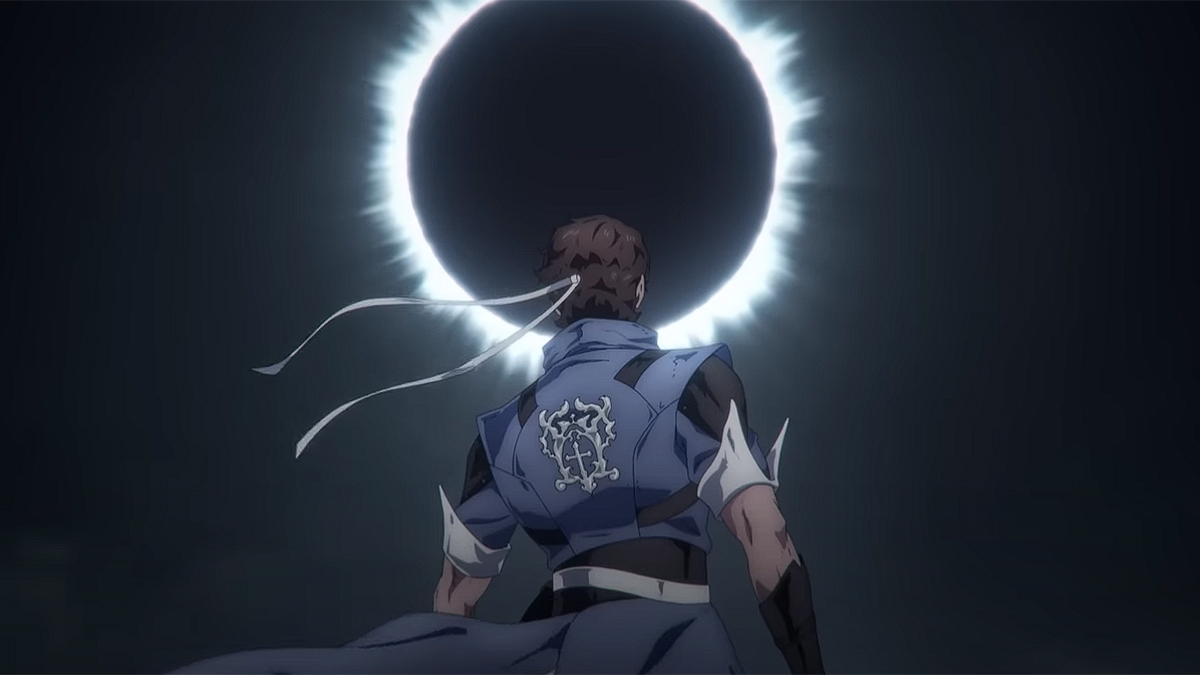



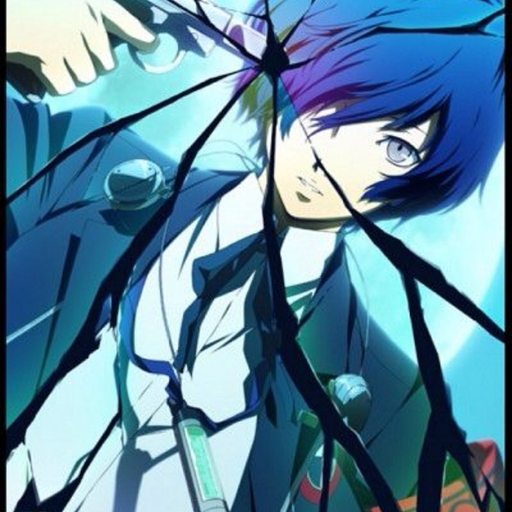
Published: Sep 24, 2023 09:00 am